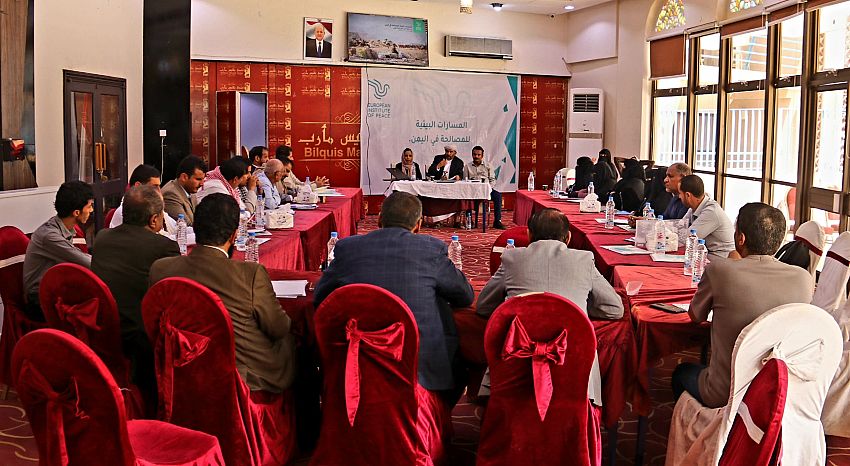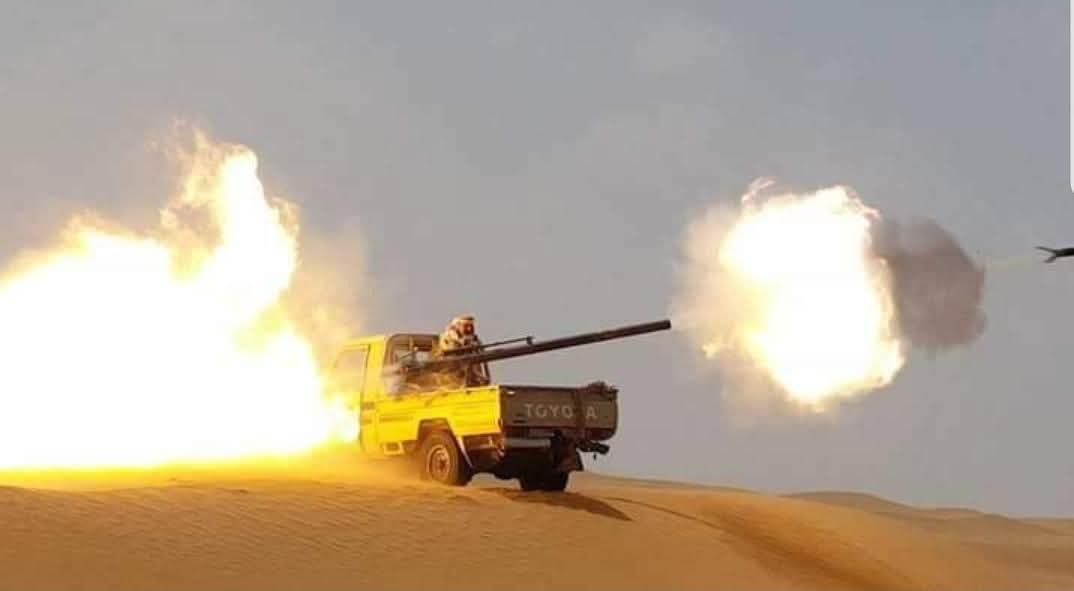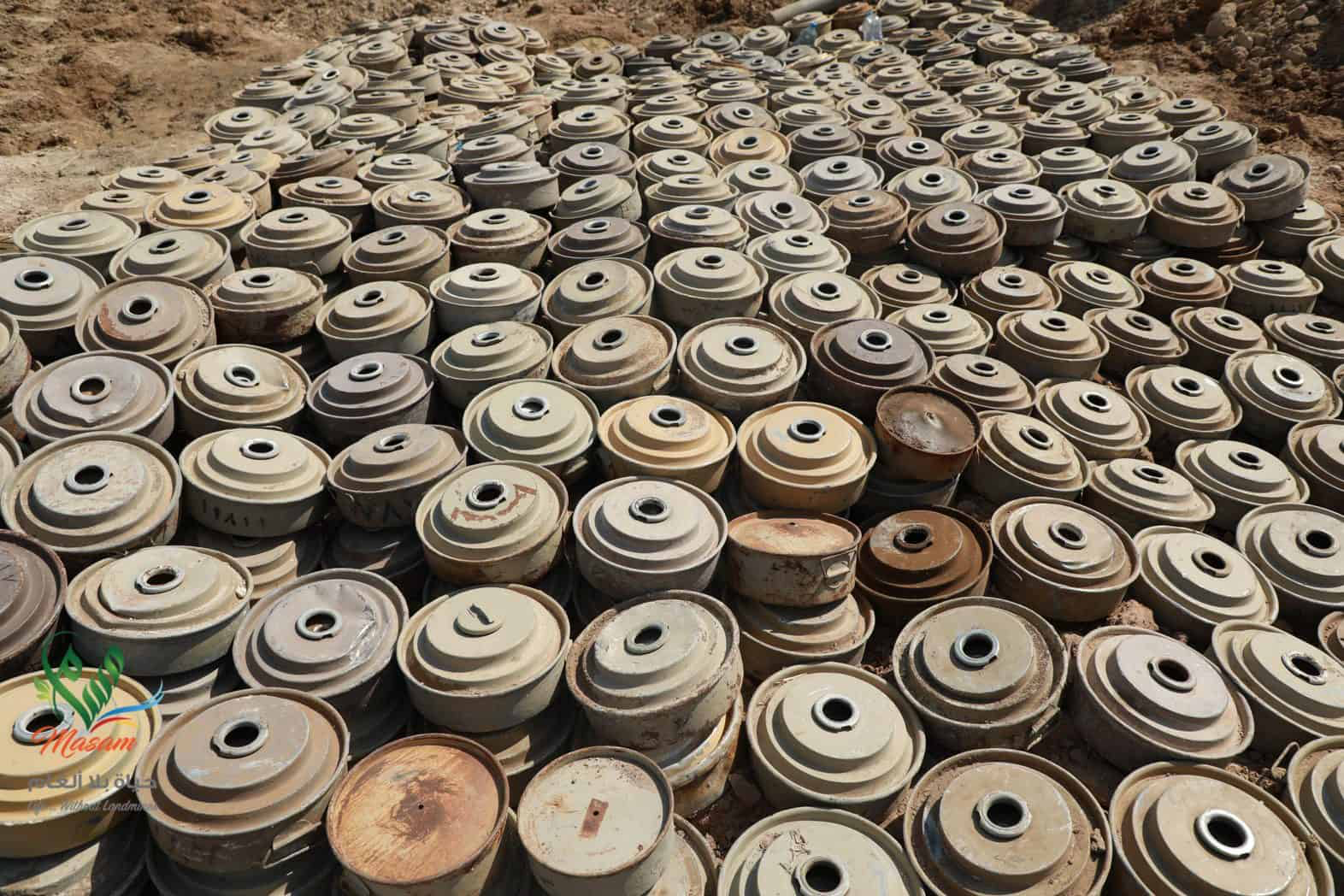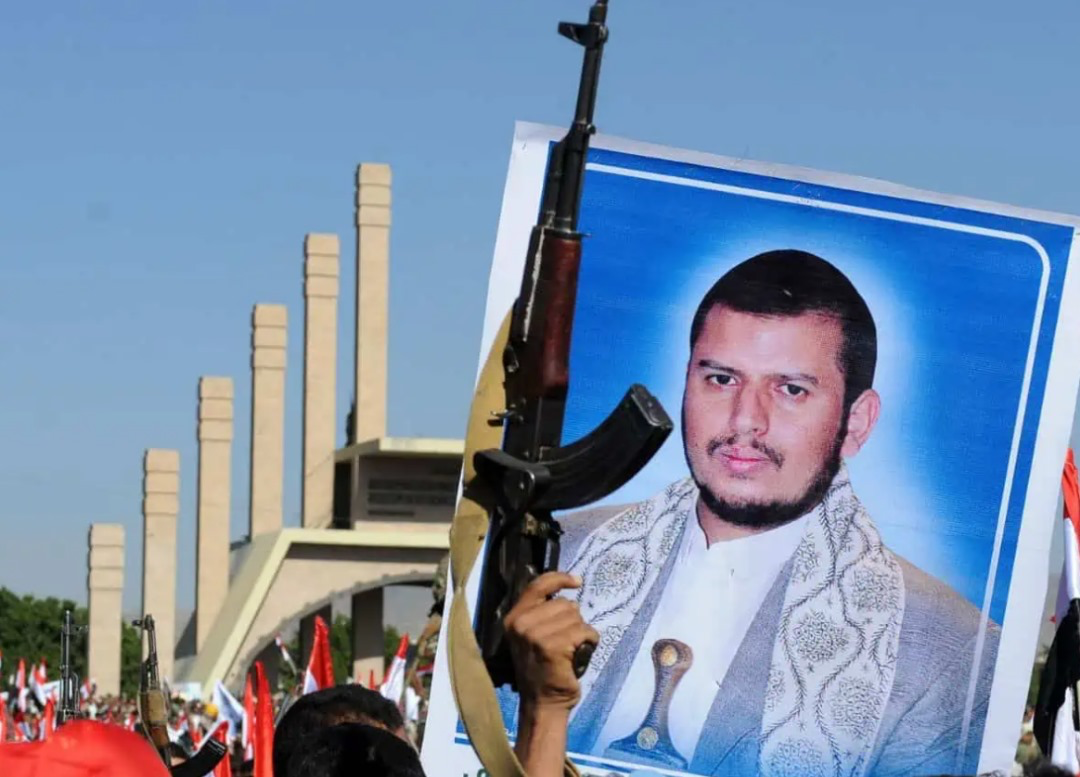
Barran Press
Marib, a bustling hub of development and commerce, is facing a looming environmental catastrophe, according to Abdullah al-Bakri, the Deputy Governor of Marib for Administrative Affairs. Al-Bakri stated on Monday, July 1st, 2024, that the lack of proper sewage infrastructure poses a "major environmental disaster" that could have devastating consequences for the governorate in the near future.
He highlighted the detrimental effects on various aspects of life, including health, the environment, groundwater, and agriculture.
Al-Bakri's comments came during a workshop in Marib city, focusing on climate and environmental challenges and their impact on the lives and security of residents. He emphasized the need for a comprehensive and scientific approach to addressing these challenges, particularly the management of natural resources, water scarcity, food production, air pollution, desertification, and others.
The workshop, organized by the European Institute for Peace, aims to promote dialogue and find solutions to the environmental and climate-related security risks that contribute to conflict. The project, funded by the European Union, is implemented in nine governorates across Yemen.
The workshop brought together 25 participants, including representatives from local authorities, influential community leaders, and civil society organizations. It is part of a larger initiative that will involve three workshops in the coming months.
The lack of adequate sewage infrastructure is a significant challenge for Marib, especially with the influx of hundreds of thousands of displaced families over the past nine years. The situation has exacerbated the risk of disease outbreaks, placing a heavy burden on local authorities.
This environmental crisis highlights the urgent need for a comprehensive strategy to address the sewage issue and protect the health and well-being of the people of Marib.





